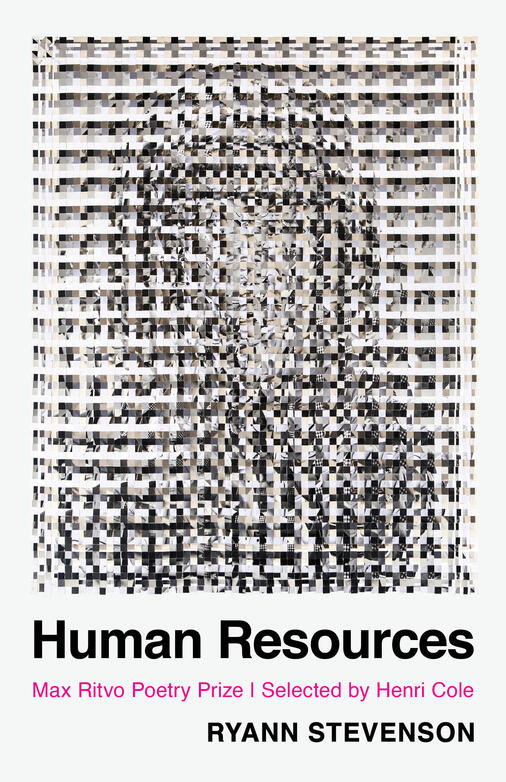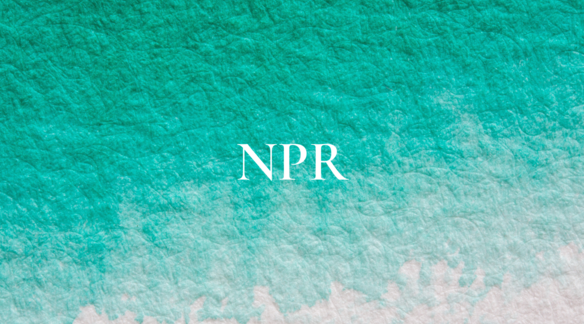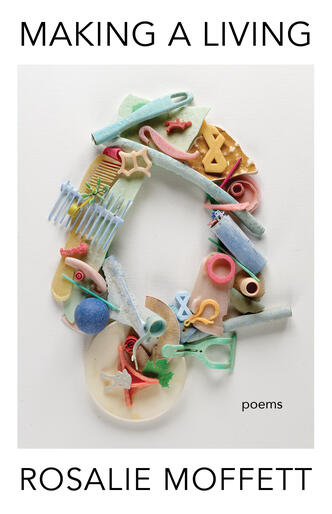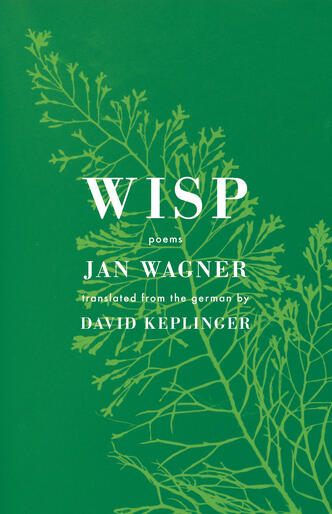
Human Resources
“This brave, tough book suggests that flowering maples, yoga, orcas, and the hands of our mothers might help us preserve our innocence. Human Resources is a lyric transcript of what it is to be a citizen at a punishing time.”—HENRI COLE
Winner of the Max Ritvo Poetry Prize, Ryann Stevenson’s Human Resources is a sobering and perceptive portrait of technology’s impact on connection and power.
Human Resources follows a woman working in the male-dominated world of AI, designing women that don’t exist. In discerning verse, she workshops the facial characteristics of a floating head named “Nia,” who her boss calls “his type”; she loses hours researching “June,” an oddly sexualized artificially intelligent oven; and she spends a whole day “trying to break” a female self-improvement bot. The speaker of Stevenson’s poems grapples with uneasiness and isolation, even as she endeavors to solve for these problems in her daily work. She attempts to harness control by eating clean, doing yoga, and searching for age-defying skin care, though she dreams “about the department / that women get reassigned to after they file / harassment complaints.” With sharp, lyrical intelligence, she imagines alternative realities where women exist not for the whims of men but for their own—where they become literal skyscrapers, towering over a world that never appreciated them.
Chilling and lucid, Human Resources challenges the minds programming our present and future to consider what serves the collective good. Something perhaps more thoughtful and human, Stevenson writes: “I want to say better.”








